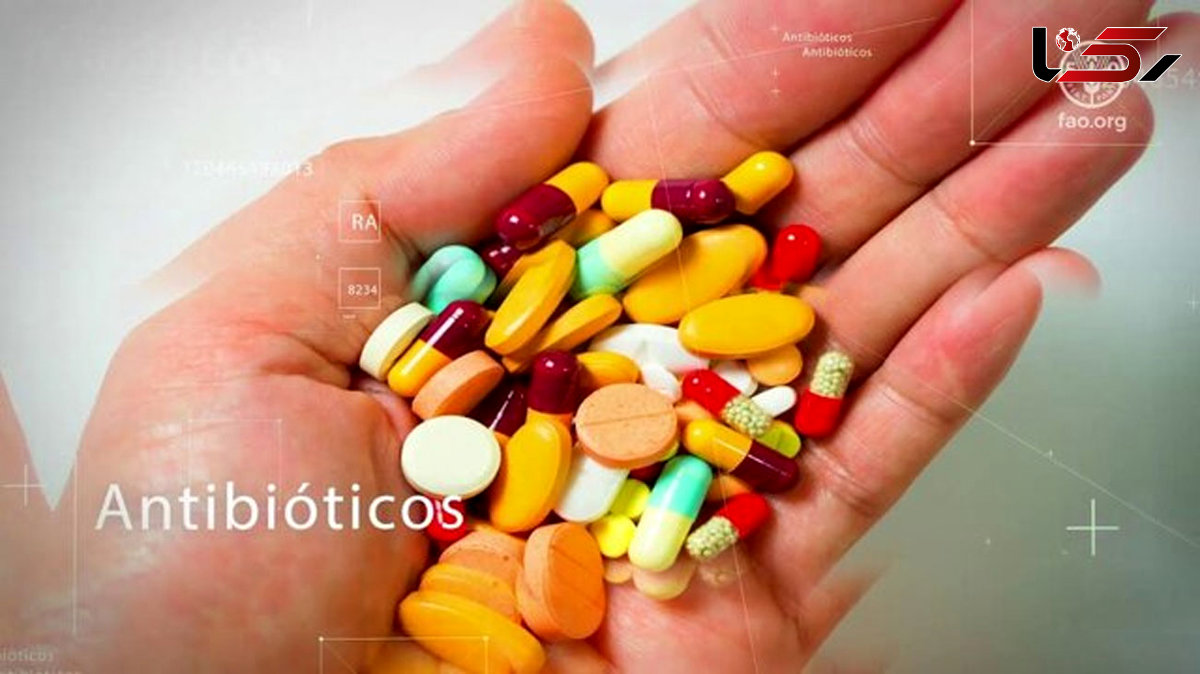FAO calls on member countries to take action on Antimicrobial Resistance in food chains
Rokna: Antimicrobial Resistance (AMR) is a major global threat of increasing concern to human and animal health with serious implications for both food safety and food and nutrition security, and the economic wellbeing of millions of farming households, the Food and Agriculture Organization of the United Nations (FAO) warns.

AMR is the capacity of microorganisms – bacteria, fungi, viruses, and parasites – to resist antimicrobial substances, like antibiotics, that were previously effective in treating infections. As a result, medicines that were once effective treatments for disease have become less so–or even useless, leading to a reduced ability to treat infections successfully.
It is a well-established fact that misuse and excessive use of antimicrobial drugs for treatment and prevention of diseases in the livestock sector, aquaculture and crop production are often associated with the potential risk of emergence and spread of antimicrobial-resistant microorganisms.
There is also clear scientific evidence that food can serve as a vehicle of food-borne exposure to antimicrobial-resistant bacteria. This includes, but is not limited to, foods from livestock and poultry, fish, and fruits and vegetables, that were produced either conventionally or organically.
When humans ingest antimicrobial-resistant microorganisms in food, some bacteria may cause illness. These and other species may also serve as a source of AMR genes that other microorganisms in the gastrointestinal tract, including human pathogens, can acquire.
Measures to contain AMR
The most effective approach by far to limit the use of antimicrobials in agriculture is to reduce the need to treat animal and plant diseases.
For terrestrial and aquatic animals, this includes the adoption of good management practices such as biosecurity, vaccination and proper nutrition.
In the plant production, the use of the well-established procedures of Integrated Pest Management (IPM)–a systems approach designed to minimize economic losses for crops, and to minimize risks to people and the environment, can both increase yield and reduce the need for antimicrobial treatments.
At the production level, FAO supports the implementation of good hygiene practices and measures to prevent contamination, and the responsible use of antimicrobial medicines to help reduce food safety risks. This continues beyond the farm gate where adherence to good hygiene and manufacturing practices by all food business operators, enforced through a risk-based inspection system, is equally important. Main File
Effective monitoring and surveillance systems that track the use of antimicrobials and the existence of AMR in humans and in food chains are also necessary. One part of such an effort is existing Veterinary Drug Residue Monitoring Programmes; these are currently in place in some countries only and often need to be strengthened.
FAO, determined in promoting global efforts to ensure food safety, provides governments with support and training on how to set up and operate veterinary drug residue monitoring programmes effectively. Another way the Organization is helping countries is through FAO Assessment Tool for Laboratories and AMR Surveillance Systems (FAO-ATLASS). With support from FAO, countries can assess their national surveillance and laboratory capacities and identify areas to prioritize when allocating investments.
isna

Send Comments